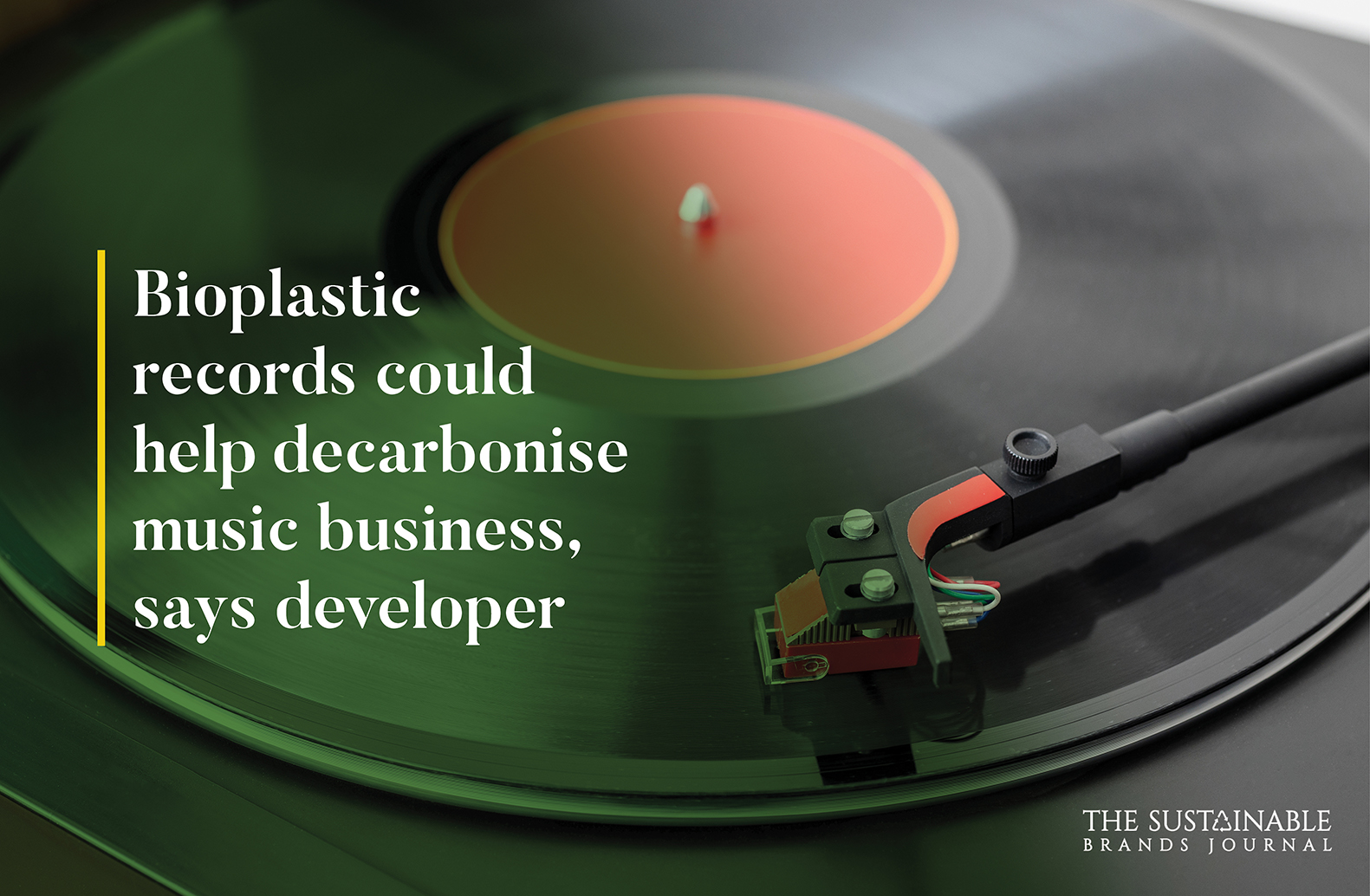
Avoiding Greenwashing and Greenhushing: How Businesses Can Promote Their Environmental Credentials in a Transparent and Accurate Way
Greenwashing has become a significant issue in recent years as consumers become more aware of the environmental impact of their purchases and demand transparency from companies about their environmental policies and practices. Greenwashing occurs when companies make false or misleading claims about their products or services being environmentally friendly, in an attempt to capitalize on the growing demand for sustainable products.
One recent example of this is clothing retailer H&M, which is currently being sued in the US over its “Conscious Collection” clothing line. The clothes sold in this collection are made using polyester or recycled plastics, which can be harmful to the environment. By charging a premium for these clothes and labelling them as a “conscious” choice, the company is being accused of misleading customers and engaging in greenwashing.
The consequences of greenwashing can be severe for a company, damaging its reputation, reducing consumer confidence, and negatively impacting its bottom line. As such, many companies are facing pressure to invest time and resources into Environmental Social and Governance (ESG) policies and be transparent about their sustainability goals. However, this pressure has led to the emergence of a new phenomenon known as “Greenhushing,” in which companies choose not to promote their “green” activities or results altogether to avoid public scrutiny.
Greenhushing is bad for consumers, retailers, and the industry as a whole, as it sets a trend in the marketplace for other businesses to follow suit, taking the green agenda out of the public sphere once more. This withdrawal can have a negative impact on the industry as publicizing green measures can act as a means of sharing ideas and raising the collective standards of what is expected for the entire industry.
Examples of Greenwashing:
- A company selling bottled water in a plastic bottle that is labelled as “eco-friendly” when the packaging is not recycled or biodegradable
- A company claiming its products are “organic” when they only contain a small percentage of organic ingredients
- A company claiming its products are “carbon neutral” without providing any information on how they offset their carbon emissions
Examples of Greenhushing:
- A company that has implemented sustainable practices but chooses not to promote them or share information about them with the public
- A company that has made a commitment to reducing its carbon footprint but does not disclose specific targets or progress towards achieving them
To avoid accusations of greenwashing or greenhushing, companies should take the following steps:
- Be as accurate and transparent as possible when promoting their environmental claims
- Hold evidence that can objectively substantiate their claims
- Have all marketing strategies reviewed by an expert to ensure compliance with advertising regulations
- Set clear and measurable sustainability goals, and disclose progress towards achieving them
- Involve third-party organizations to verify environmental claims
- Develop Environmental, Social and Governance (ESG) policies that align with their sustainability goals and communicate these policies to stakeholders
- Continuously review and improve their environmental practices
Additionally, Governments and regulatory bodies have a key role to play in reducing greenwashing. This can include:
- Developing laws and regulations that specifically address greenwashing and establish legal definitions for terms like “eco-friendly” and “green”
- Increasing the number of investigations into complaints that businesses are misleading consumers on claims of environmental and green products
- Offering consumer education and awareness campaigns to help them better understand how to spot greenwashing and make more informed purchasing decisions.
Greenwashing and Greenhushing are serious issues that can have a negative impact on consumers, companies, and the industry as a whole. As such, it is important for companies to take steps to promote their environmental credentials in a transparent and accurate manner. Consumers should also be aware of the dangers of greenwashing and make informed purchasing decisions.

Prachi, an accomplished Chief-Editor at The Sustainable Brands Journal, has 15+ years of experience in Europe, the Middle East, and India, managing 90+ global sustainable brands. She’s a prolific writer in sustainability, contributing to various publications. Prachi’s unwavering passion and expertise make her a recognized authority, driving positive change and inspiring a sustainable future.





